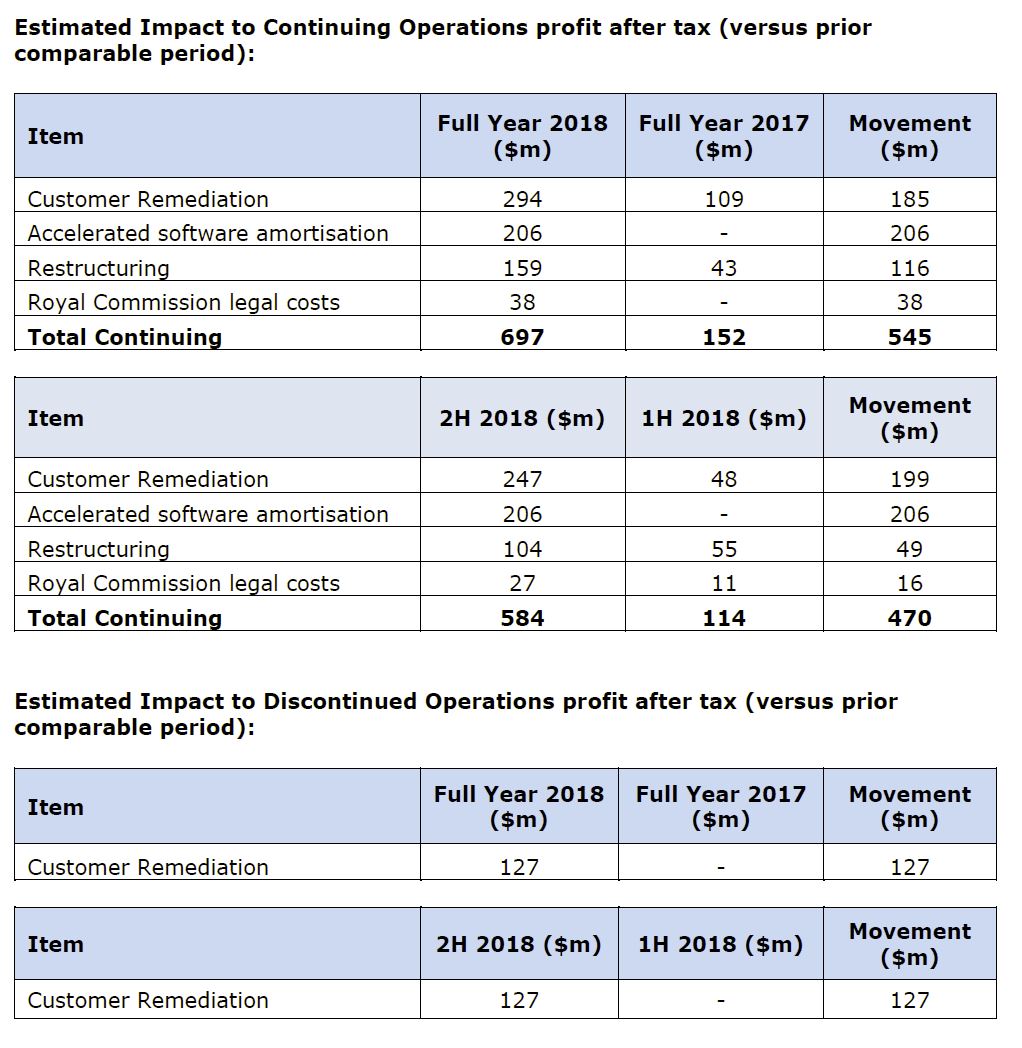Are you a major financial institution looking to profit from misconduct? The corporate regulator is open to negotiations.
There are very few surprises in Hayne’s interim report. Fortunately, the document backs up what I’ve long suspected – that ASIC is a toothless tiger of a regulator when it comes to the big end of town; always happy to hit small business where it hurts but equally glad to negotiate bargain basement prices on infringement notices for the big corporates.
Seventy per cent of all of ASIC’s enforcement outcomes come from the Small Business Compliance and Deterrence Team, which focuses very heavily on the prosecution by in-house ASIC legal teams of strict liability offences, primarily in relation to the failure of directors to assist liquidators.
When it comes to regulating the big four banks, however, it’s a different story. Negotiation, rather than prosecution, is the strategy.
As Hayne states in his report: “ASIC issued infringement notices to the major banks as the outcome agreed with the bank.”
We have already seen plenty of evidence of this during the royal commission hearings throughout the year.
Hayne pulls no punches in his interim report, blasting the nonchalant regulator: “When deciding what to do in response to misconduct, ASIC’s starting point appears to have been: How can this be resolved by agreement?
“This cannot be the starting point for a conduct regulator. When contravening conduct comes to its attention, the regulator must always ask whether it can make a case that there has been a breach and, if it can, then ask why it would not be in the public interest to bring proceedings to penalise the breach. Laws are to be obeyed. Penalties are prescribed for failure to obey the law because society expects and requires obedience to the law.”
But the big banks were clearly too big to obey the book and ASIC was unwilling to throw it at them.
If ASIC has a reasonable prospect of proving contravention, Hayne said, then the starting point must be that the consequences of contravention should be determined by a court.
But the courtroom is an unfamiliar environment for the corporate watchdog. It does its best work around the negotiating table.
Over the 10 years to 1 June 2018, ASIC’s infringement notices to the major banks have amounted to less than $1.3 million. By contrast, in a single year (the year ending 30 June 2017) CBA declared a profit about 7,000 times greater – $9.93 billion (net profit after tax on a statutory basis).
Between 1 January 2008 and 30 May 2018, ASIC commenced 1,102 proceedings, an average of about 110 per year. Of those, more than half (587) were administrative proceedings, which include disqualification or bans on individuals from the industry; revocation, suspension or variation of a licence; and public warning notices.
“That is, they were outcomes carried out in-house by ASIC and not through the courts, though they may be appealed to the Administrative Appeals Tribunal,” Hayne states in his interim report.
“In that time, ASIC commenced 238 criminal proceedings and 277 civil proceedings, and accepted 194 enforceable undertakings. Of those proceedings, just 10 were against major banks.”
Hayne found that in a number of cases where ASIC acted against major banks in the form of infringement notices, the regulator included the following disclaimer in its media release: ‘The payment of an infringement notice is not an admission of guilt in respect of the alleged contravention.’
Crikey!
Another important point in Haynes report supports the arguments I made in an earlier editorial, that it is the banks, not the regulator, who really call the shots.
“Too often, entities have been treated in ways that would allow them to think that they, not ASIC, not the Parliament, not the courts, will decide when and how the law will be obeyed or the consequences of breach remedied,” Hayne states.
“Attitudes of this kind have not been discouraged by ASIC’s approach to the implementation of new provisions of financial services laws. Too often, ASIC has permitted entities confronted with new provisions, of which ample notice has been given (such as the unfair contract terms provisions), to take even longer to implement the provisions than the legislation provided.”
ASIC has been aiding the misconduct in financial services by its own weak and possibly even corrupt preference for deal making. If things are to change, ASIC will need to litigate rather than negotiate.
Of course, ASIC, like any other government agency or department, will cry for more resources. Hayne is across this too.
“I do not accept that the appropriate response to the problem of allocating scarce resources is for a regulator to avoid compulsory enforcement action and instead attempt to settle all delinquencies by agreement,” he said.
Hayne knows that ASIC needs to change its ways but is yet to be convinced that this can happen. For several reasons.
“First, there is the size of ASIC’s remit,” he said.
“Second, there seems to be a deeply entrenched culture of negotiating outcomes rather than insisting upon public denunciation of and punishment for wrongdoing.
“Third, remediation of consumers is vitally important but it is not the only relevant consideration. Fourth, there seems no recognition of the fact that the amount outlaid to remedy a default may be much less than the advantage an entity has gained from the default.
“Fifth, there appears to be no effective mechanism for keeping ASIC’s enforcement policies and practices congruent with the needs of the economy more generally.”






